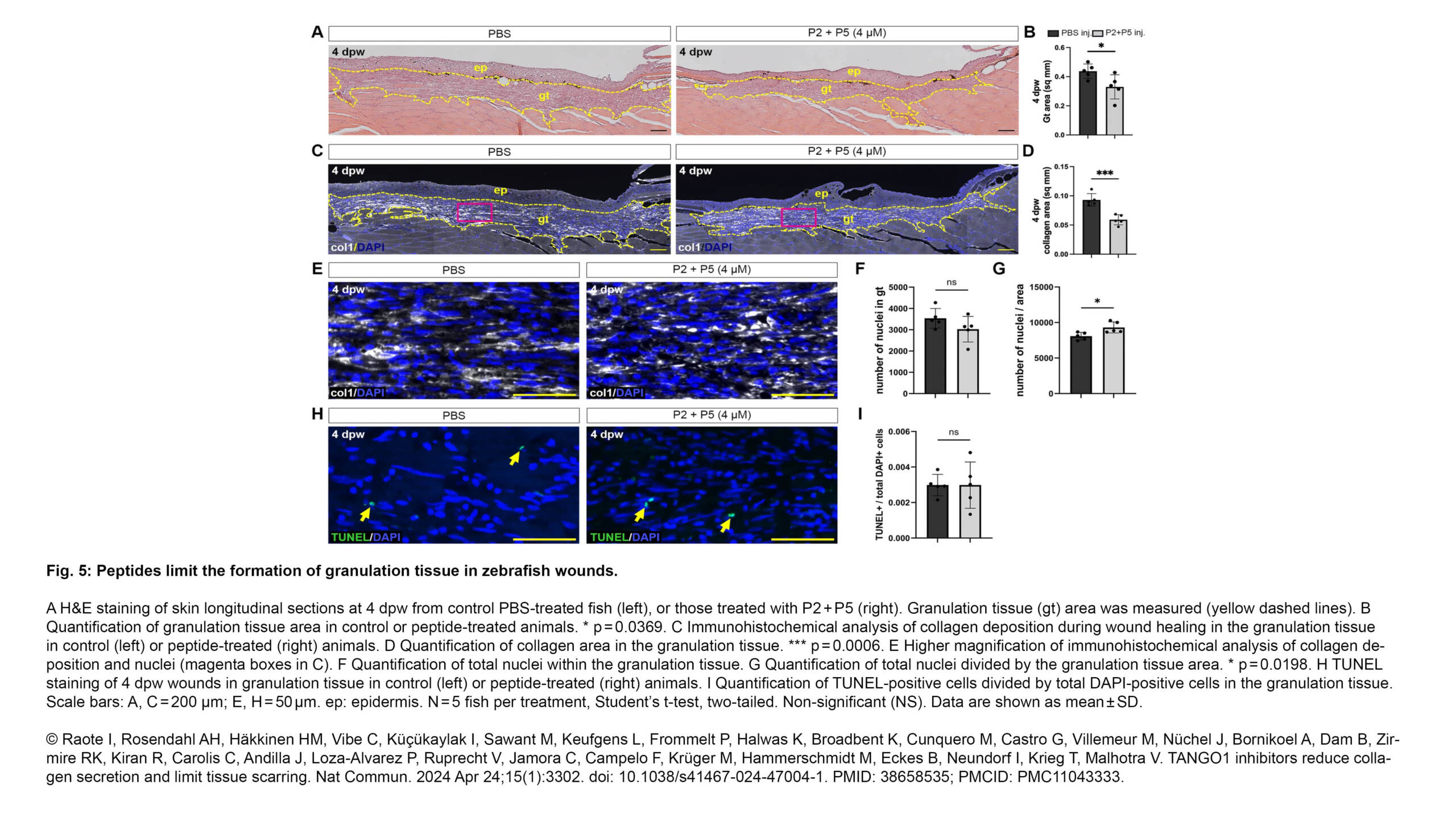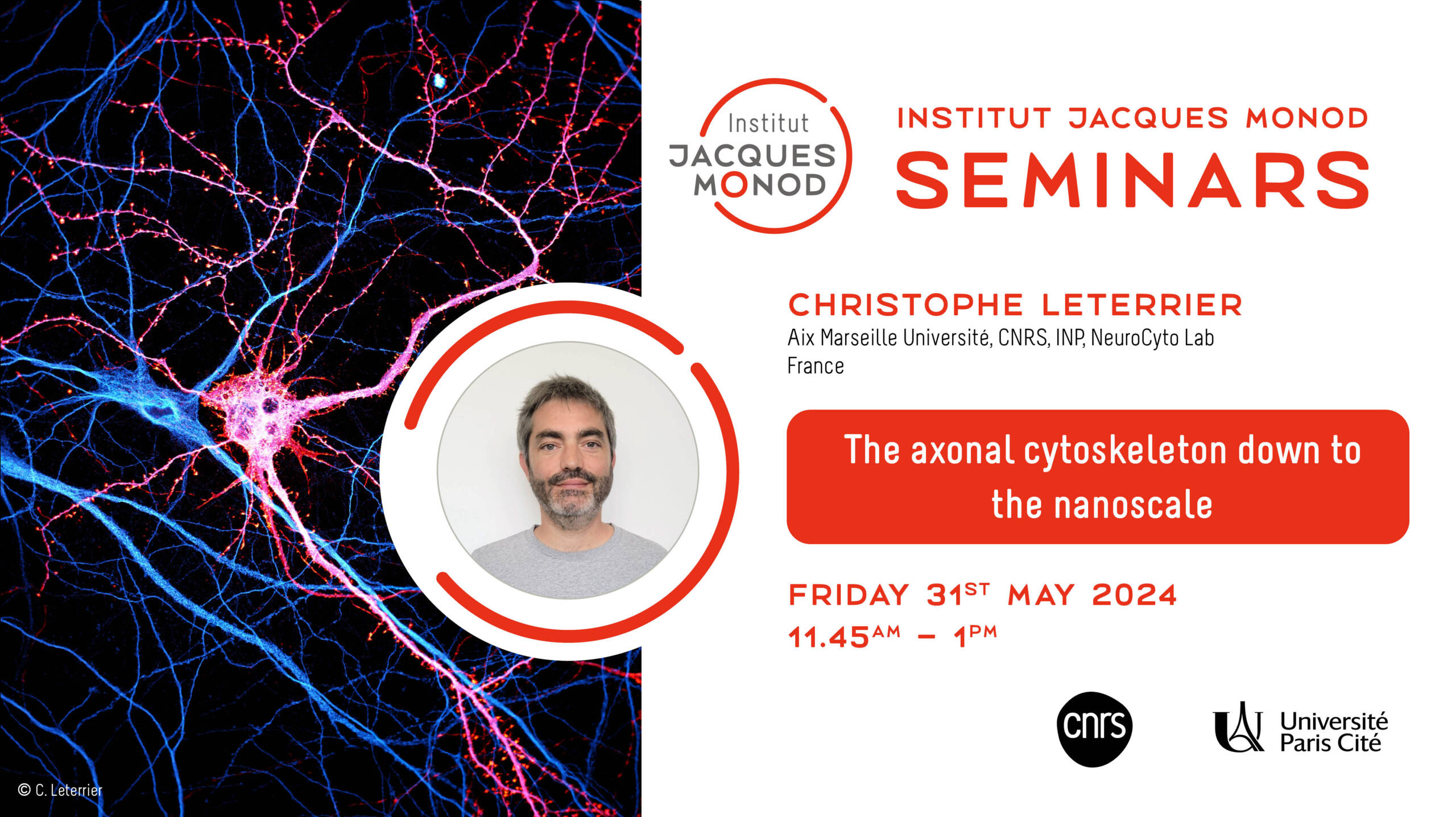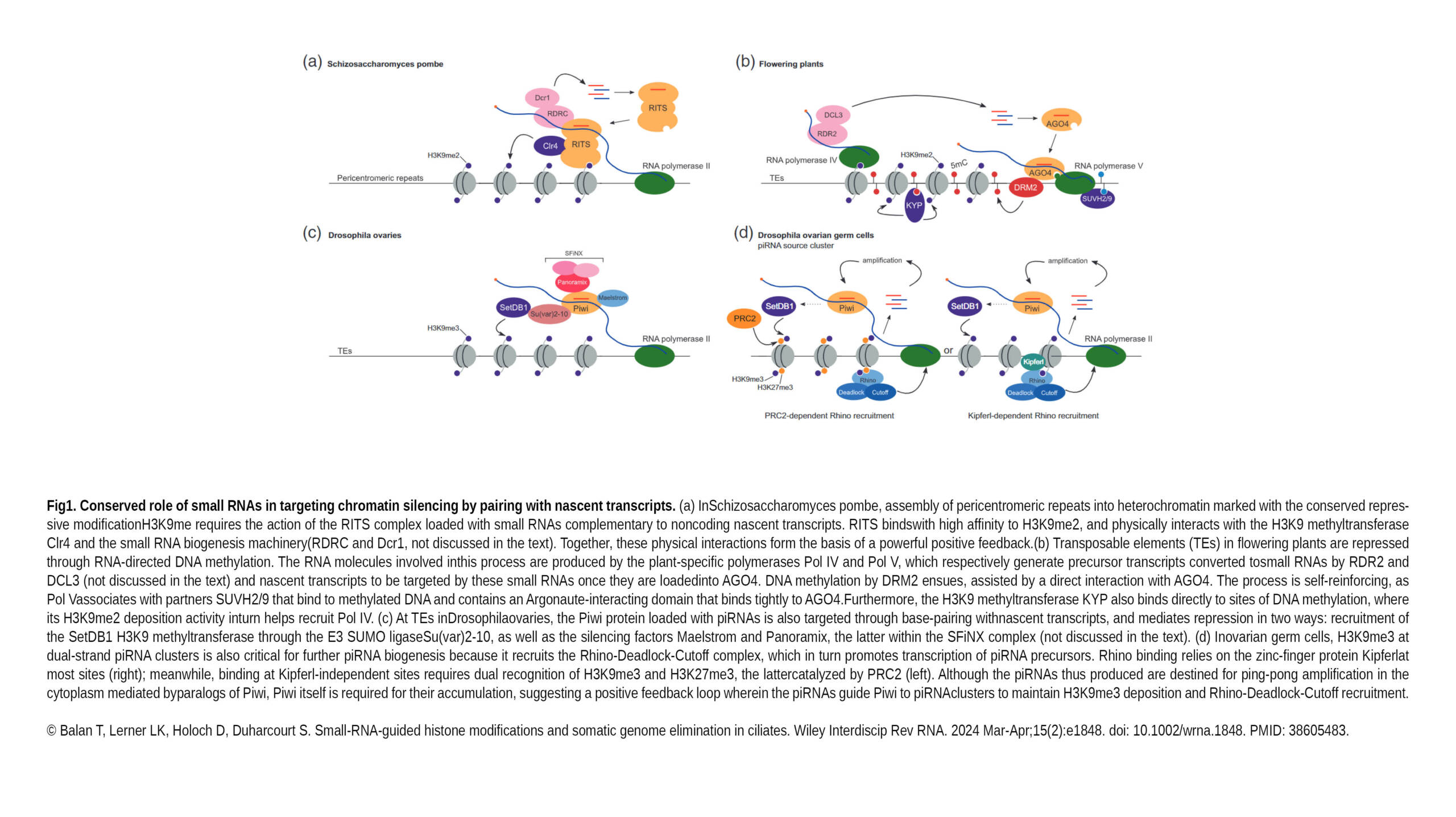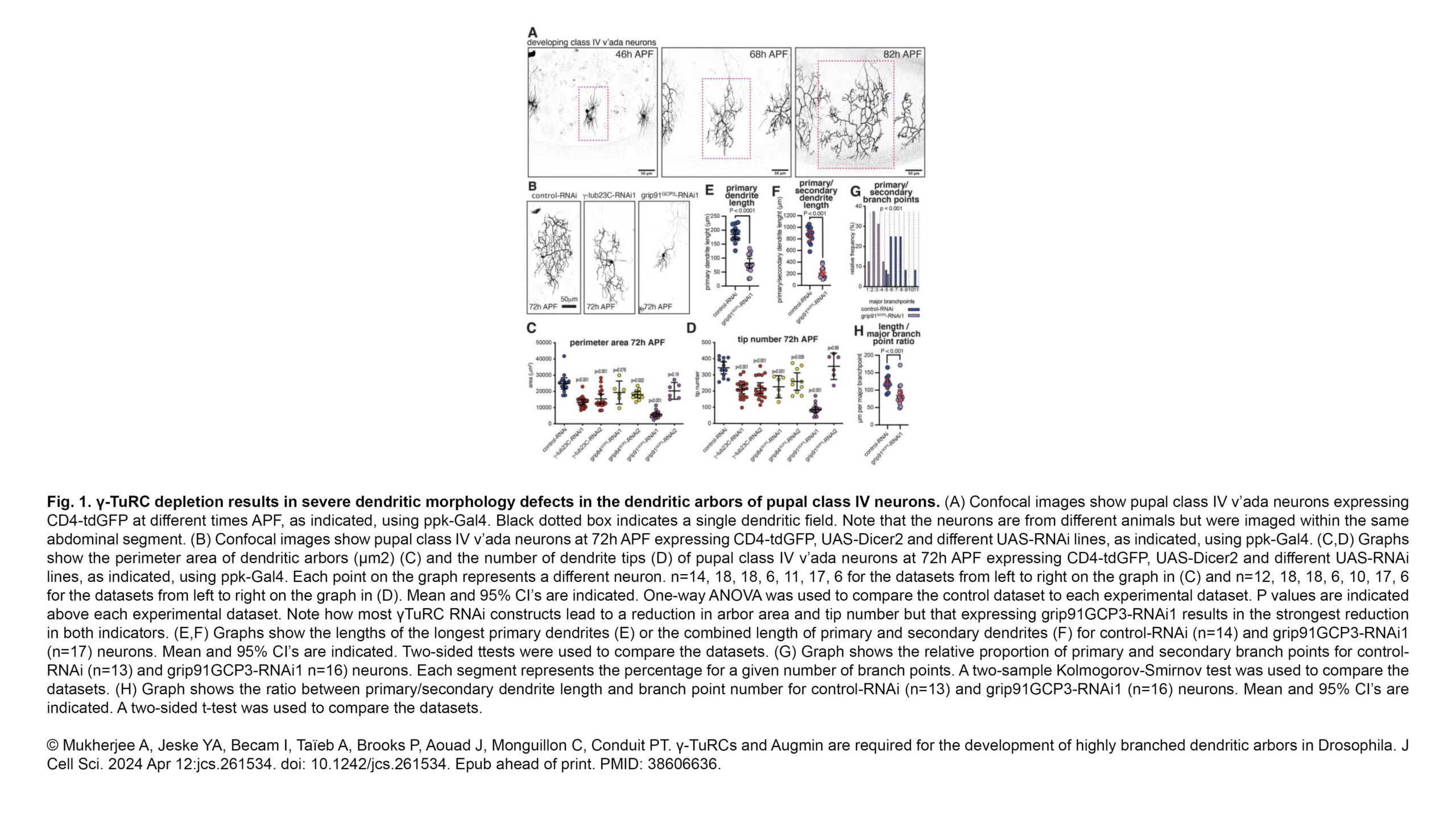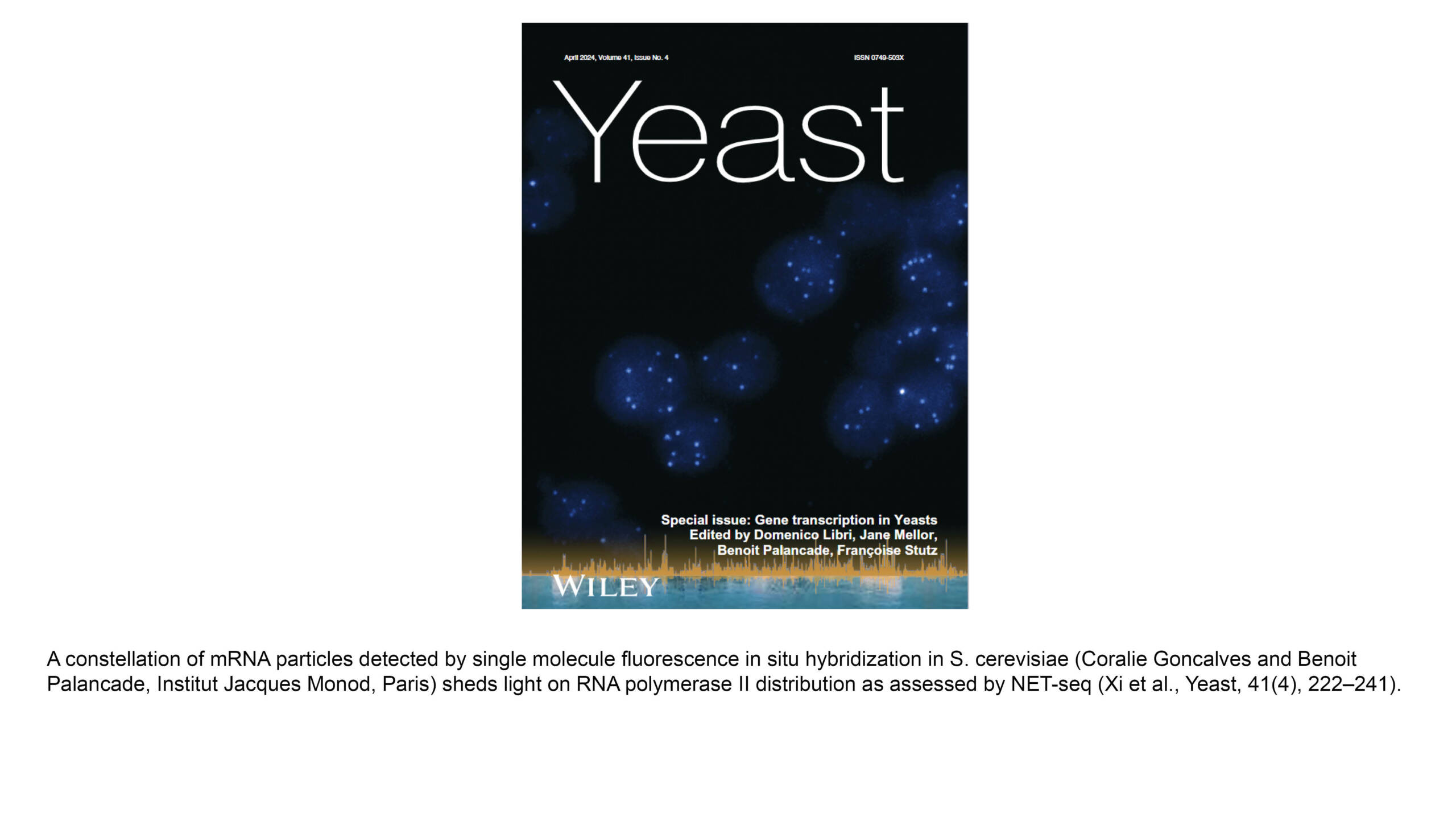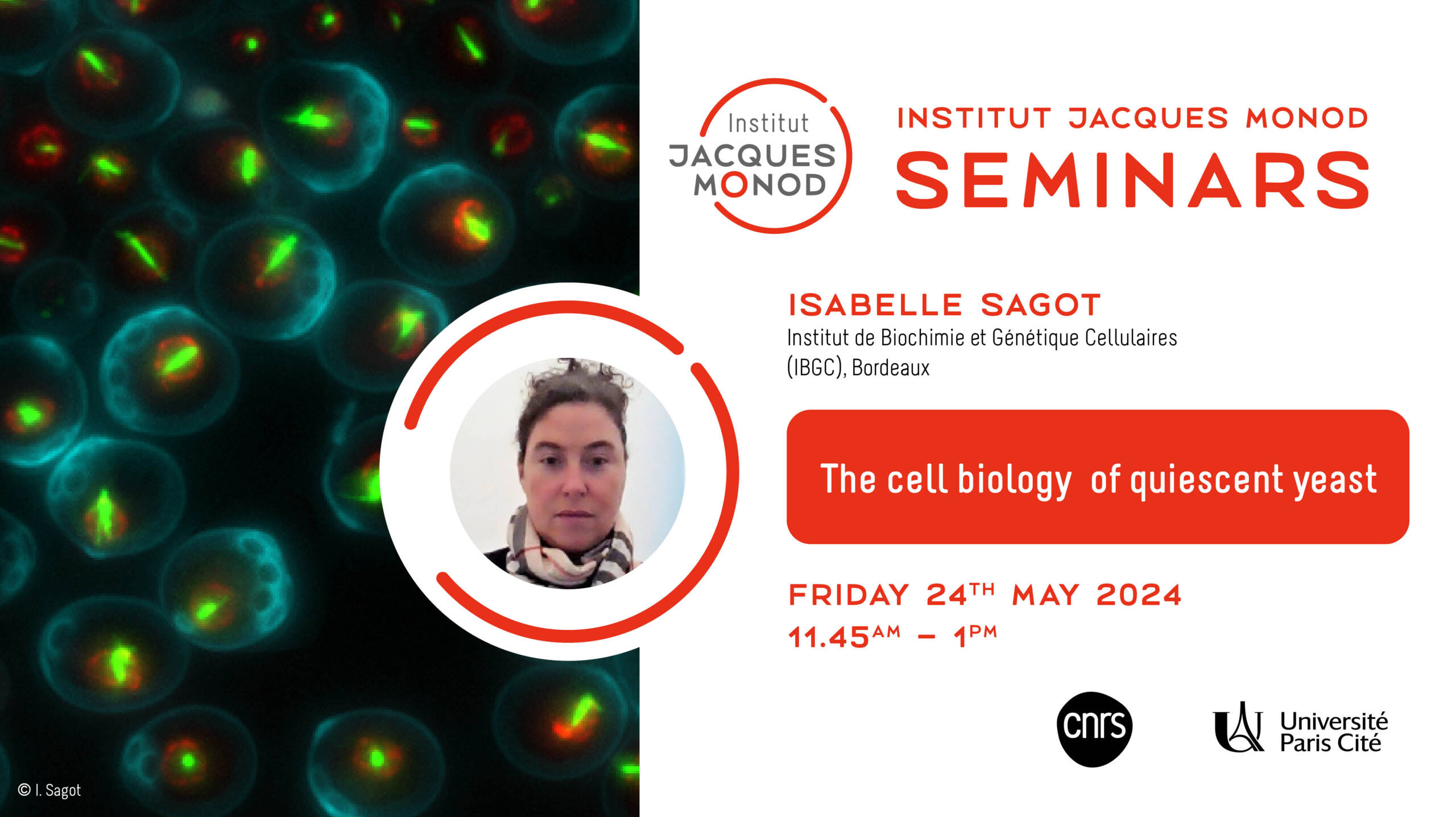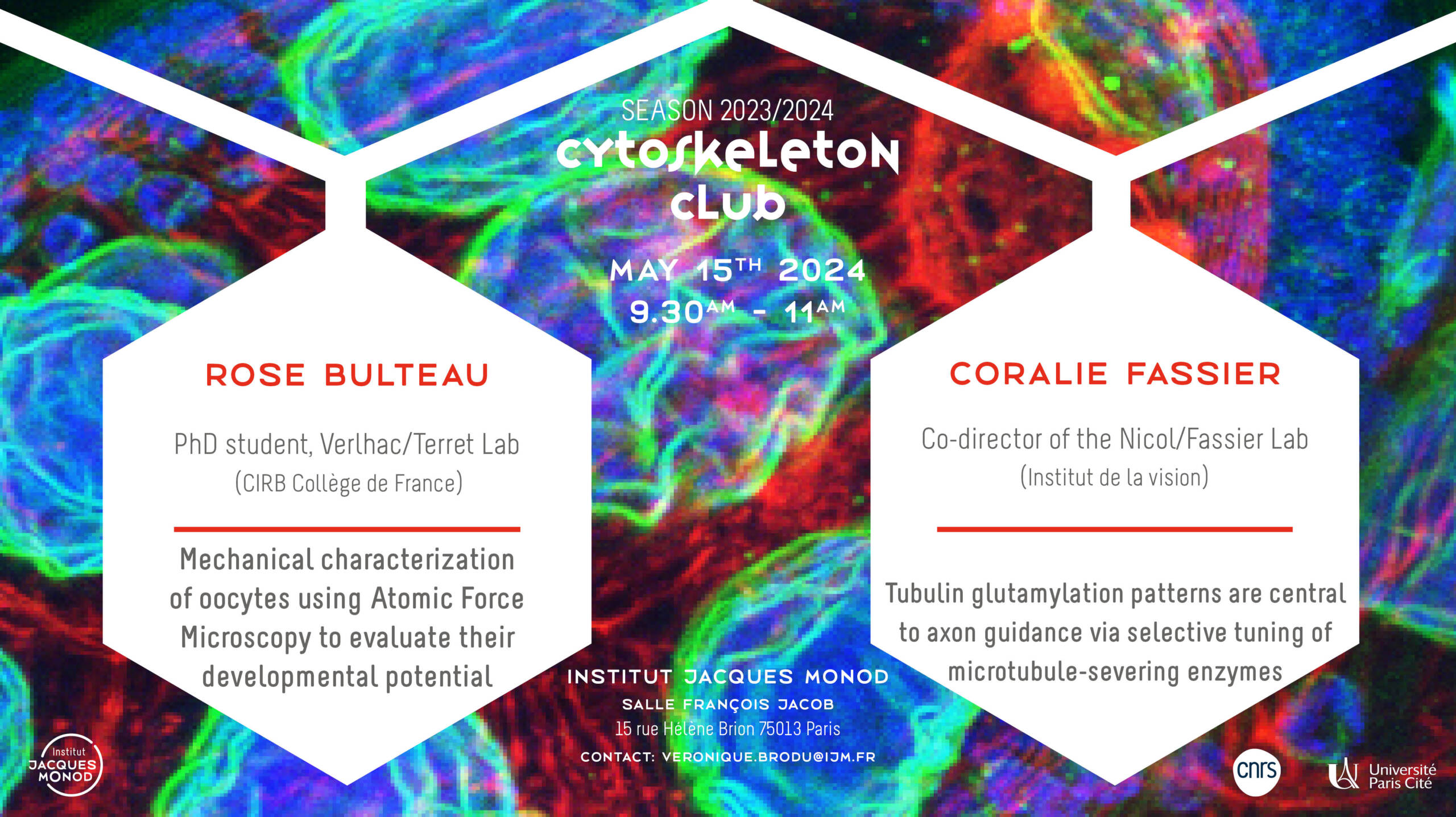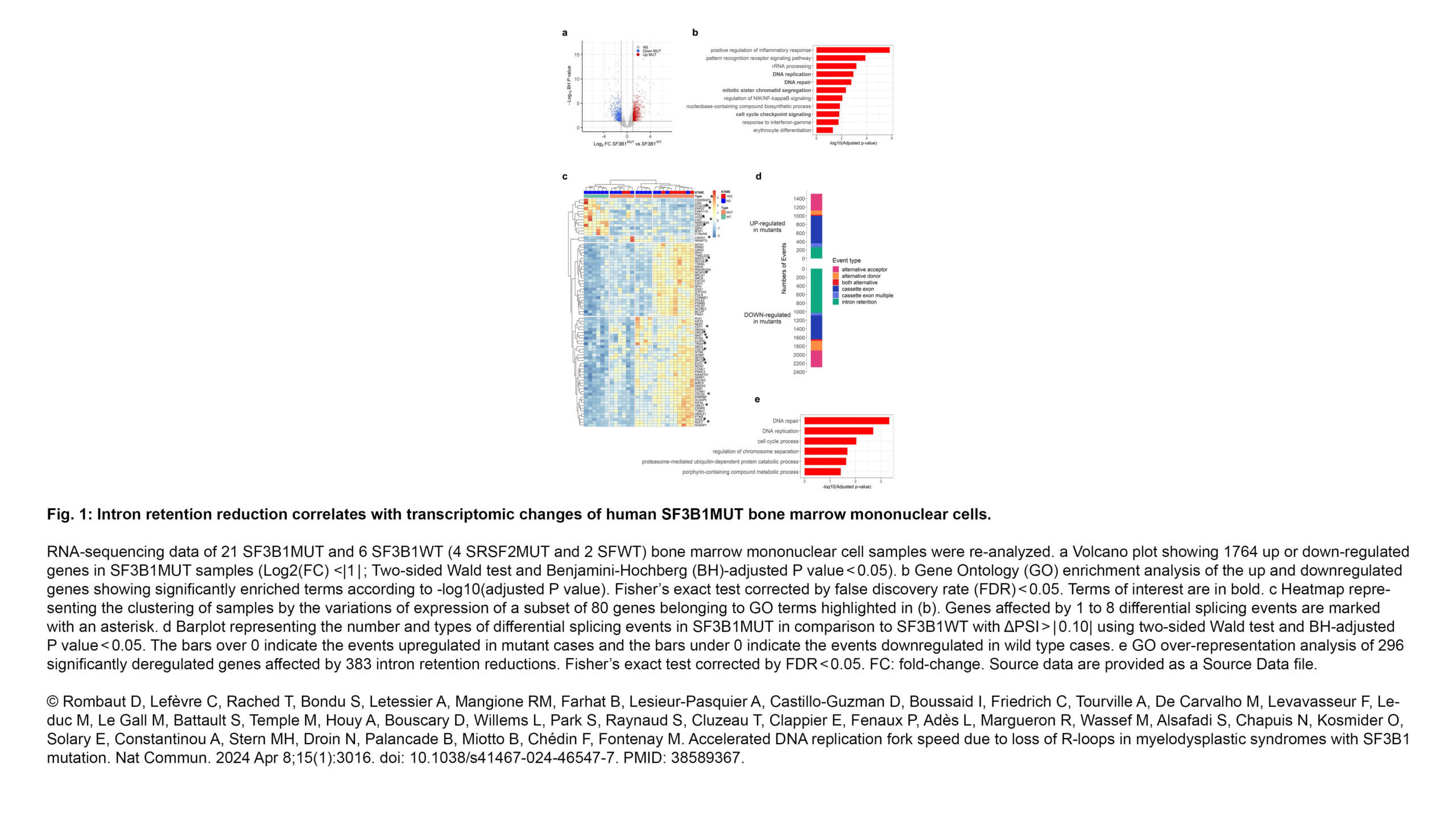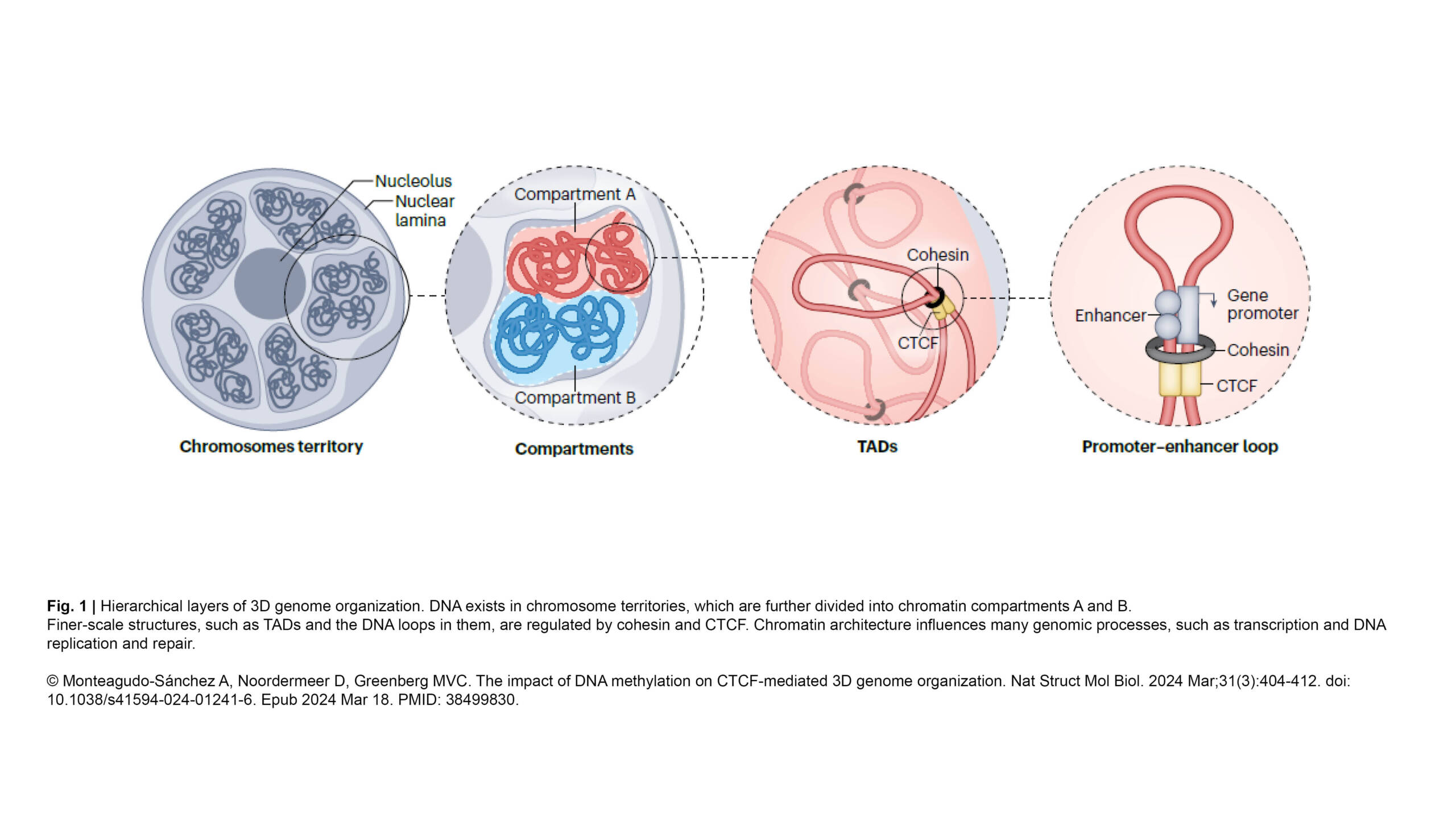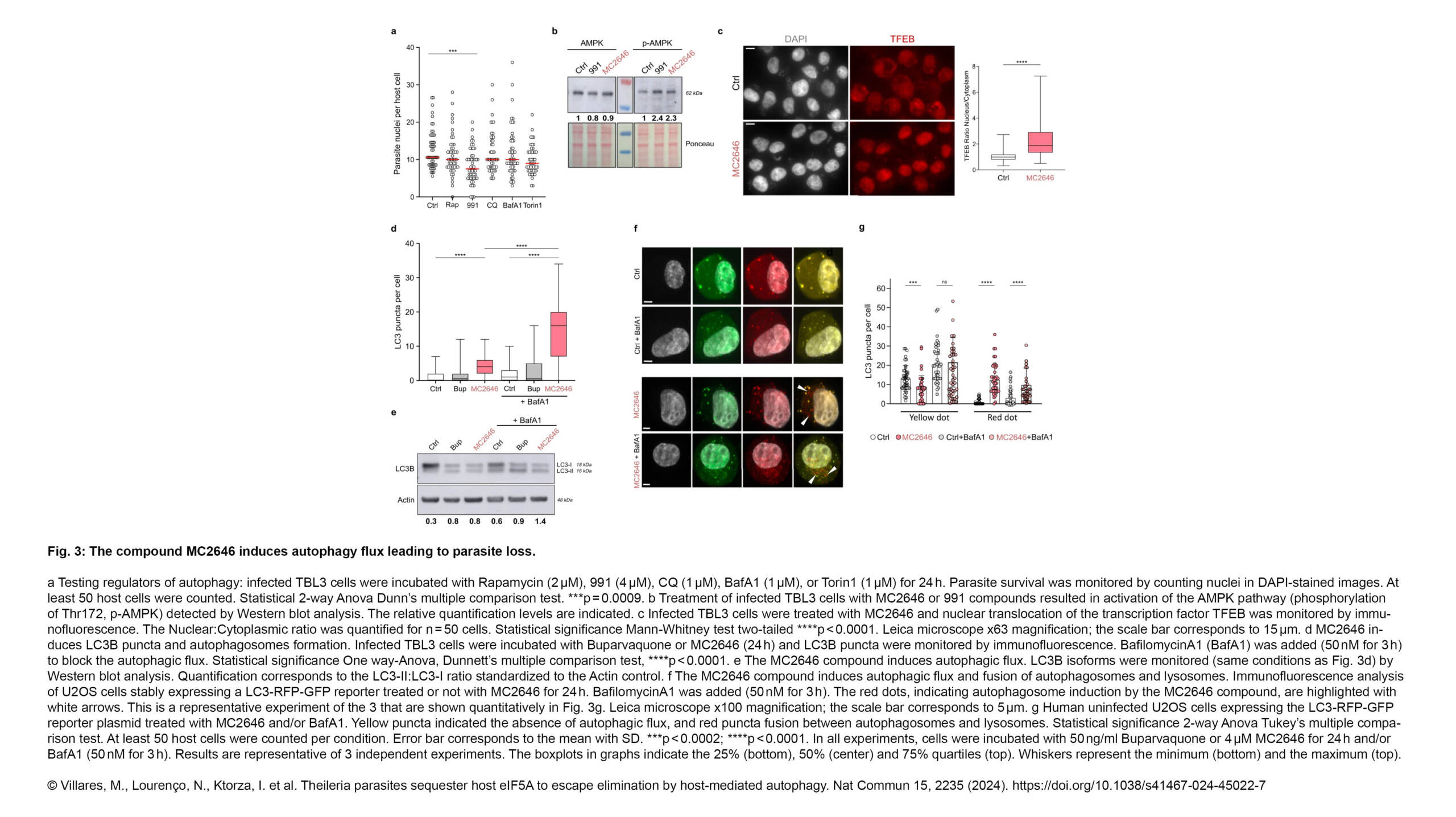The Raote Lab published a new article in Nature communications:
TANGO1 inhibitors reduce collagen secretion and limit tissue scarring
Abstract:
Uncontrolled secretion of ECM proteins, such as collagen, can lead to excessive scarring and fibrosis and compromise tissue function. Despite the widespread occurrence of fibrotic diseases and scarring, effective therapies are lacking. A promising approach would be…
